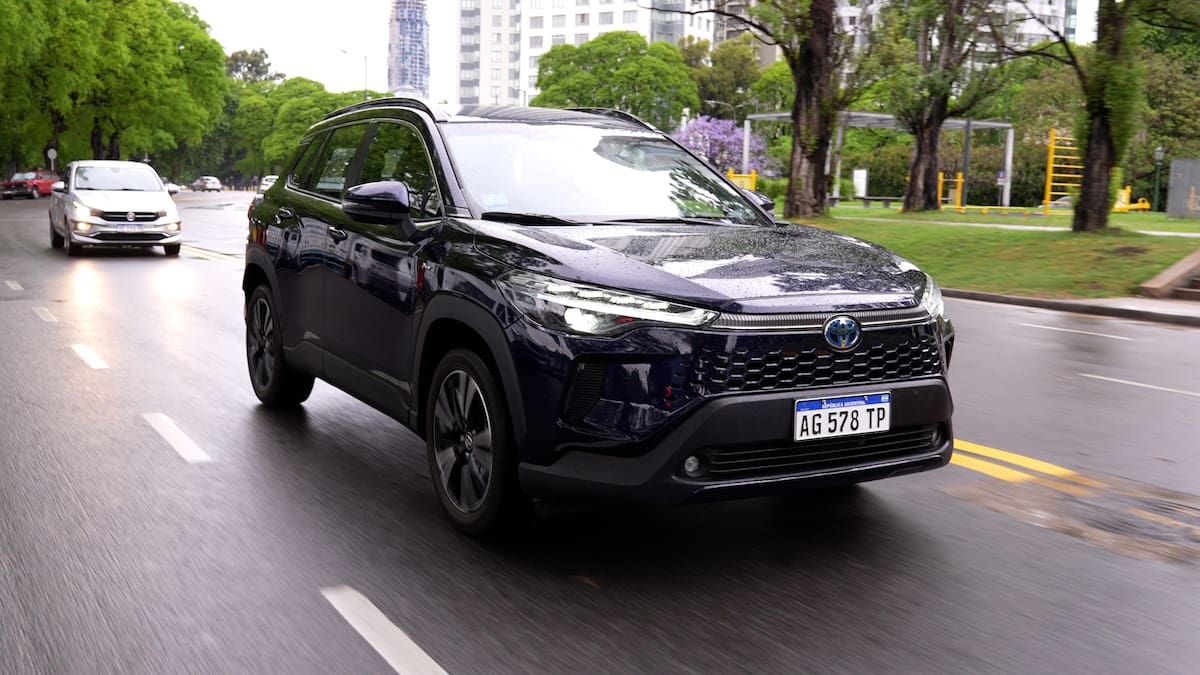Hybrid Cars: A Comprehensive Guide to Benefits, Technology, and Savings

The automotive industry is undergoing a significant transformation, and hybrid vehicles are at the forefront of this change. But what exactly does 'hybrid' mean, and why are they gaining so much popularity? This guide dives deep into the world of hybrid cars, exploring their technology, benefits, and how they can save you money, especially in urban driving conditions.
Understanding Hybrid Technology
A hybrid vehicle combines a traditional internal combustion engine (ICE) with an electric motor and battery. This dual-power system allows the car to switch between, or utilize both, power sources depending on driving conditions. There are several types of hybrid systems:
- Parallel Hybrids: The electric motor and ICE work together to drive the wheels. This is the most common type.
- Series Hybrids: The ICE acts as a generator to charge the battery, which then powers the electric motor.
- Plug-in Hybrids (PHEVs): These hybrids have a larger battery that can be charged from an external power source, offering a longer electric-only range.
The battery is typically recharged through regenerative braking, where the motor acts as a generator when you brake, converting kinetic energy back into electricity.
The Advantages of Hybrid Vehicles
Hybrid cars offer a multitude of benefits that appeal to a wide range of drivers:
- Improved Fuel Efficiency: This is the biggest draw for many buyers. Hybrids excel in city driving, where frequent stop-and-go traffic allows the electric motor to contribute significantly, reducing fuel consumption.
- Reduced Emissions: By using electric power, hybrids produce fewer harmful emissions, contributing to a cleaner environment.
- Lower Running Costs: While the initial purchase price might be slightly higher, the long-term savings on fuel and potentially maintenance can offset this cost.
- Government Incentives: Many governments offer tax credits or rebates for purchasing hybrid vehicles, further reducing the overall cost.
- Quieter Operation: When running on electric power, hybrids offer a significantly quieter driving experience.
- Enhanced Performance: The electric motor provides instant torque, resulting in quick acceleration and a responsive driving feel.
Hybrid Cars in Urban Environments
Hybrid vehicles are particularly well-suited for urban driving. Stop-and-go traffic is where they shine, as the electric motor can handle low-speed driving, minimizing fuel consumption and emissions. The ability to silently glide through congested streets also contributes to a more peaceful and enjoyable driving experience.
Choosing the Right Hybrid
When considering a hybrid vehicle, it's important to assess your driving habits and needs. If you primarily drive in the city, a standard hybrid or a plug-in hybrid could be an excellent choice. If you frequently take long road trips, a hybrid with a larger fuel tank and a more efficient ICE might be more suitable. Research different models, compare fuel economy ratings, and consider the available features and technology.
The Future of Hybrid Technology
Hybrid technology is continuously evolving. We can expect to see further improvements in battery technology, leading to longer electric ranges and even more efficient hybrid systems. As the automotive industry transitions towards electric vehicles, hybrids will likely play a crucial role in bridging the gap, offering a practical and accessible solution for drivers who are not yet ready to fully embrace electric mobility.



:format(jpg):quality(99):watermark(f.elconfidencial.com/file/a73/f85/d17/a73f85d17f0b2300eddff0d114d4ab10.png,0,275,1)/f.elconfidencial.com/original/3ba/dc3/d59/3badc3d59fe56a9a30baec70148d205b.jpg)
:format(jpg)/f.elconfidencial.com/original/a03/ccd/db6/a03ccddb624cfdb955e963ca3e3d3132.jpg)

